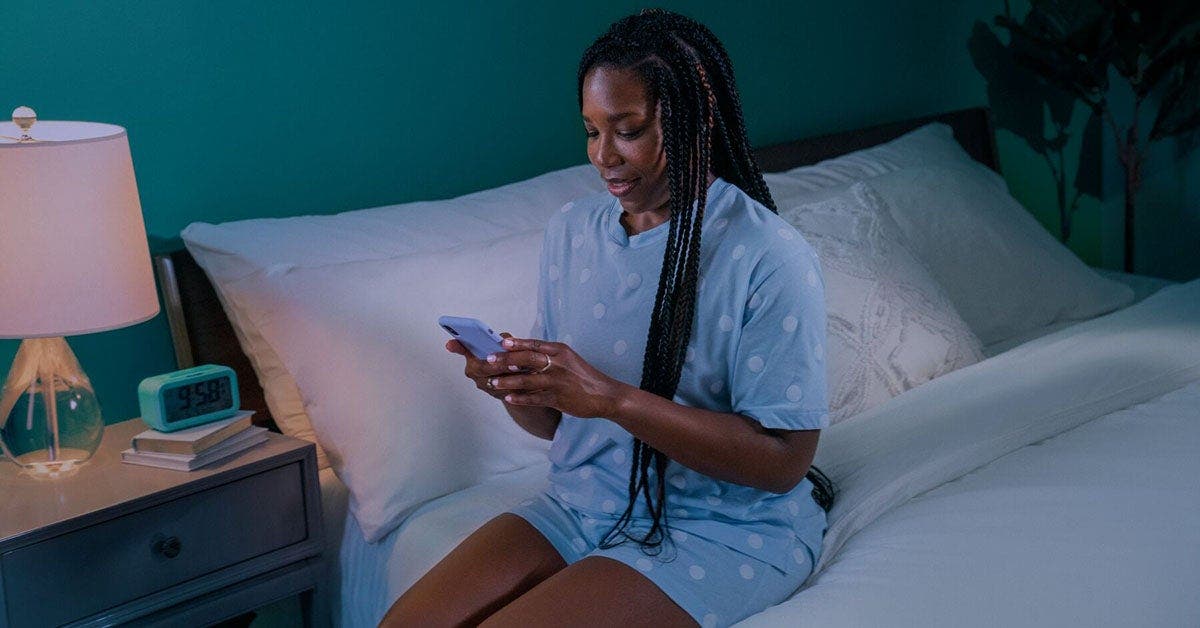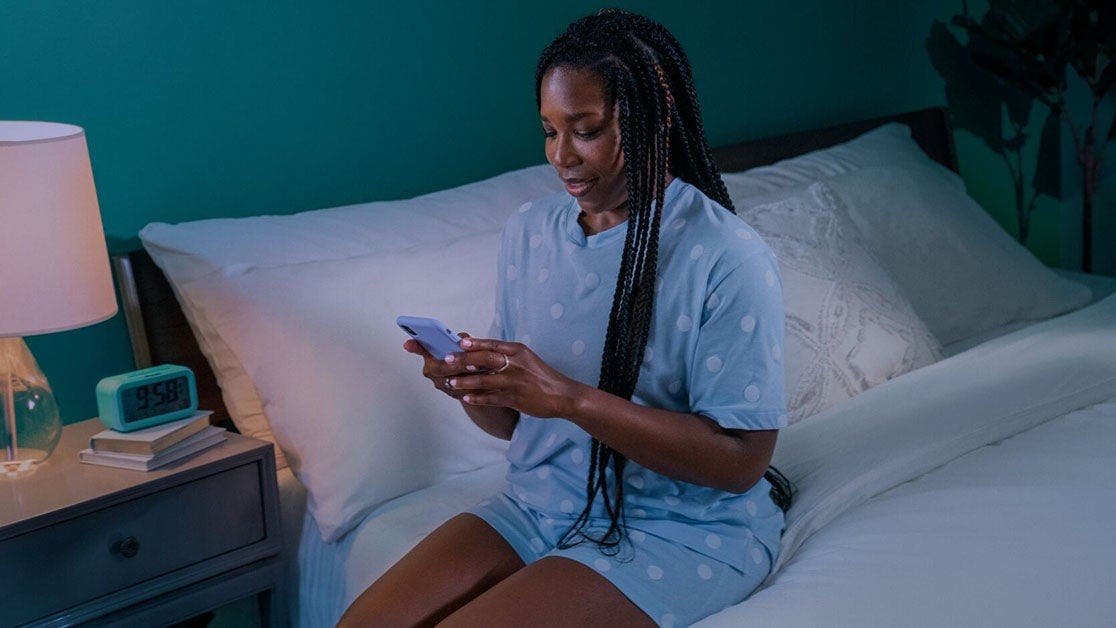How Daylight Savings Affects Sleep


How daylight savings affects sleep
We often hear that daylight savings affects people’s sleep patterns – especially for kids (and those who have kids), and it’s true. But there are some things you can do to make the transition easier.
“Daylight savings time affects your body’s internal clock or circadian rhythm,” says Dr. Anna Cabeca, triple board-certified physician and author of The Hormone Fix. “It is thrown off course, which can affect how much sleep-inducing melatonin is released and when.”
According to the CBC, the practice of switching our clocks forward and back was first used in Canada in 1908, in Port Arthur, Ont., a small town that would later become part of Thunder Bay. But the concept dates back even further – when entomologist George Hudson broached the idea so he could have more daylight to study insects.
The first country to adopt the practice was Germany, in 1916 – Canada didn’t standardize daylight saving time across the whole country until the 1960s, following the lead of the United States.
Daylight saving time was initially adopted as a way to conserve electricity, but some studies show it doesn’t actually save much, and a number of people want to get rid of the practice altogether, with one of the reasons being its potential effects on sleep and health.
Cabeca explains that adults tend to adapt more quickly to a change in sleep patterns, but it can be more difficult for children.
“When the clocks are moved ahead, it can be challenging for kids who were used to going to bed when it was dark, and they need to transition to going to bed following their regular schedule even though it may still be light outside,” she says.
“On the other hand, after moving the clocks back, kids who were used to going to bed when it was dark at 8 p.m. for instance, and waking up at 7 a.m. may be ready to go to bed at 7 p.m. already, because it will be dark by then. Now, kids going to bed an hour earlier may not be a problem for parents, and may actually be appreciated, [but] you should keep in mind that they will likely wake up an hour earlier as well.”
The younger your kids are, the easier it may be to keep their sleep schedules in check when the clocks change. “Younger children’s sleep schedules are more tied to their internal clock and are more likely to stick to their natural rhythm, [so] they will go to sleep when they’re tired independently from what the clock indicates.”
For parents of infants and toddlers needing tips to deal with daylight saving time, What to Expect has a lot of advice here.
How to deal with the time shift
“To help your brain and body make the shift more quickly,” Cabeca says, “it helps to sleep in for an extra half hour on the Sunday morning after the clocks change and expose yourself to sunlight early in the morning. Think of it as tricking your brain into believing it’s sunny outside and motivate yourself to get moving.”
If it’s difficult to get natural sunlight in the morning where you live, she suggests trying a light box or dawn simulator to enhance mental and physical alertness. “As the days get more hours of daylight, this will become less of an issue.”
Cabeca also recommends using anywhere between 1.5 milligrams to 3 mg of a sublingual melatonin supplement at sunset, as well as a magnesium 3 and 8 supplement. “It does not need to be used long-term, but doing this for a period of one to two weeks can be very beneficial,” she says.
Quality, restful sleep is a vital component of good health. Here are some things you can do year-round to help get a solid night’s rest.
More tips for better sleep
- Turn off electronics – “Make it a rule to turn off electronics at 9 p.m.,” Cabeca says. “Looking at our electronic computer screen well into the night can cause us to have disruptive sleep as it disrupts our circadian rhythm. Now, sometimes we can’t avoid it, and so when I work late, I use an app on my computer called Flux. It reduces the blue light on my screen; blue light tells our eyes that it isn't nighttime, so then our body doesn't produce melatonin [the hormone that regulates our sleep cycles].”
- Avoid caffeine, sugar, and alcohol – “These act like stimulants in our systems,” Cabeca explains. “Even alcohol, which we may feel is helping us get sleepy, is actually really bad for your sleep pattern: you may fall to sleep right away after a few drinks, but you will likely then wake up later and not be able to get back to sleep. Then, you’ll be tired and will continue on your broken circadian rhythm hamster wheel.”
- Reconnect with nature – “Take long hikes. Try to get out and enjoy a few hours in nature a couple times a month. You’ll be surprised at how refreshed you’ll feel afterwards,” Cabeca says.
- Make love – “That’s right. Love-making releases oxytocin and reduces cortisol, helping you relax and fall asleep,” says Cabeca
- De-stress – “Chronic stress leads to rapid aging,” says Cabeca. “De-stress yourself to keep your hormones flowing naturally, supporting your natural rhythms. Try meditating, writing in a gratitude journal or deep breathing!”
